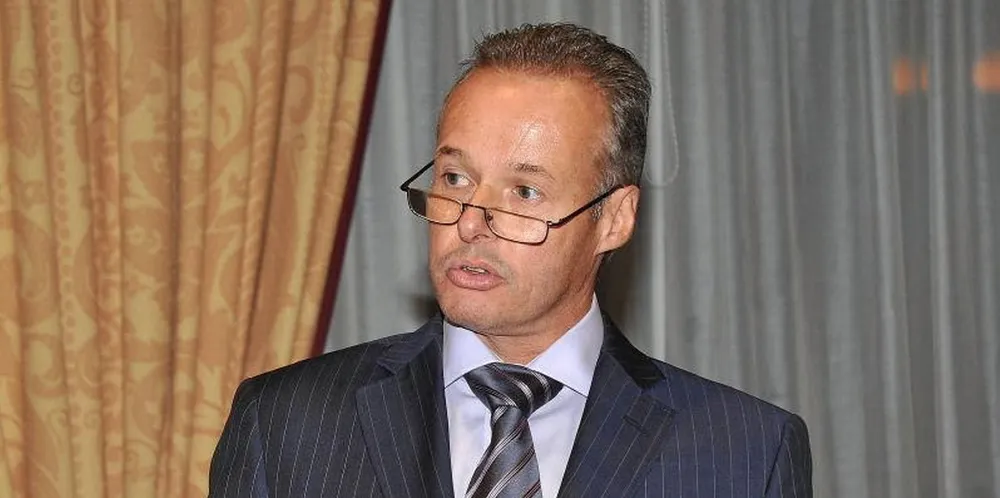Scottish fishermen call on retailers to boycott mackerel harvested by Norwegian, Faroese vessels
The move comes after Norway and the Faroe Islands unilaterally raised their fishing quota shares by 55%.

The move comes after Norway and the Faroe Islands unilaterally raised their fishing quota shares by 55%.
